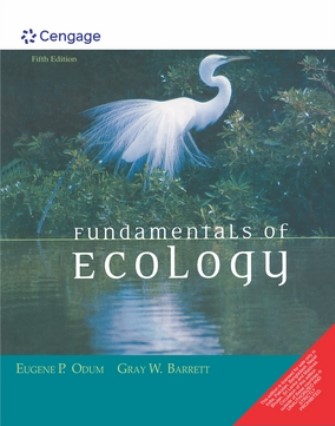
New sections on the ecological footprint, global climate change, soil and fire ecology, metapopulation dynamics, population genetics, biodiversity, neutral theory, and landscape sustainability provide an integrative perspective to the field of ecology. A top-down ecosystem/landscape approach is maintained, structured on an increasing hierarchal (population, community, ecosystem, landscape, regional, and global) levels-of-organization underpinning. Many pedagogical enhancements, including introductory statements, engaging diagrams, models, and photographs illustrating principles, concepts, and mechanisms in evolutionary and integrative biology. Real world examples, including classic and current references, render the content more engaging and concrete. Discussions address how knowledge of the principles of ecology can help solve problems in fields such as resource management, conservation biology, ecological toxicology, ecosystem health, landscape ecology, and restoration ecology. Meticulous and thorough references are provided. Clear statement and response structure organizes all chapters. Glossary provides convenient access to key terms used in each chapter.
र 1075.00